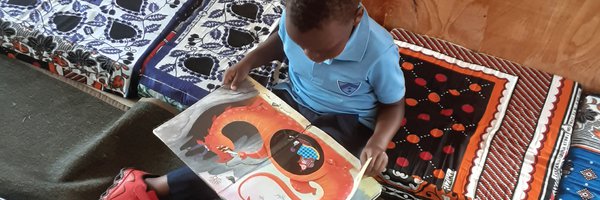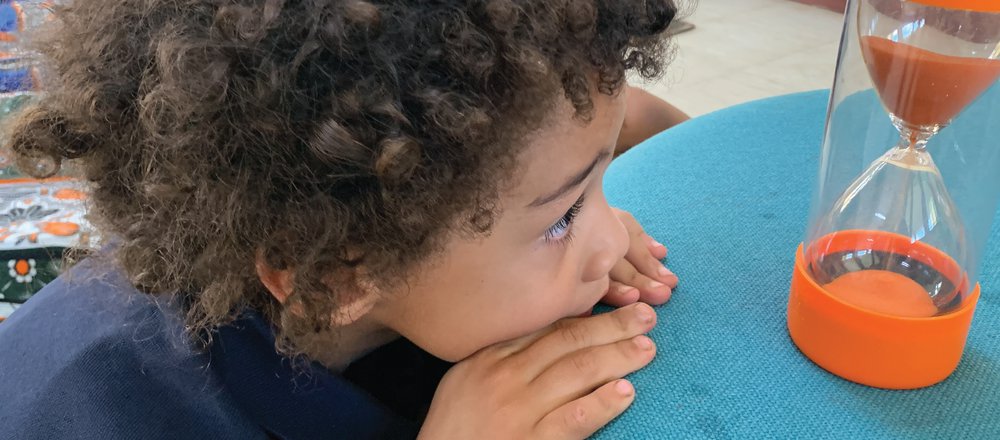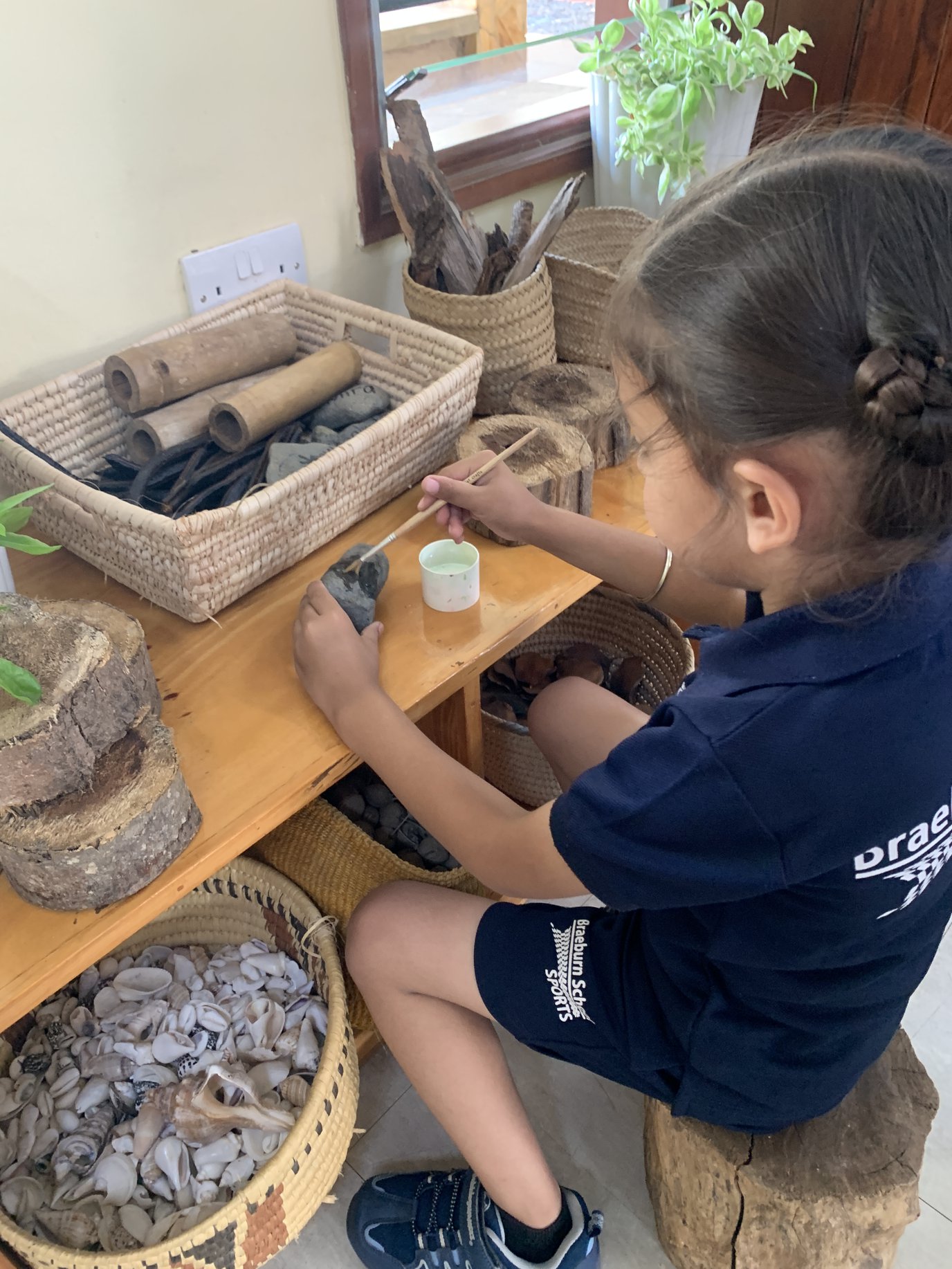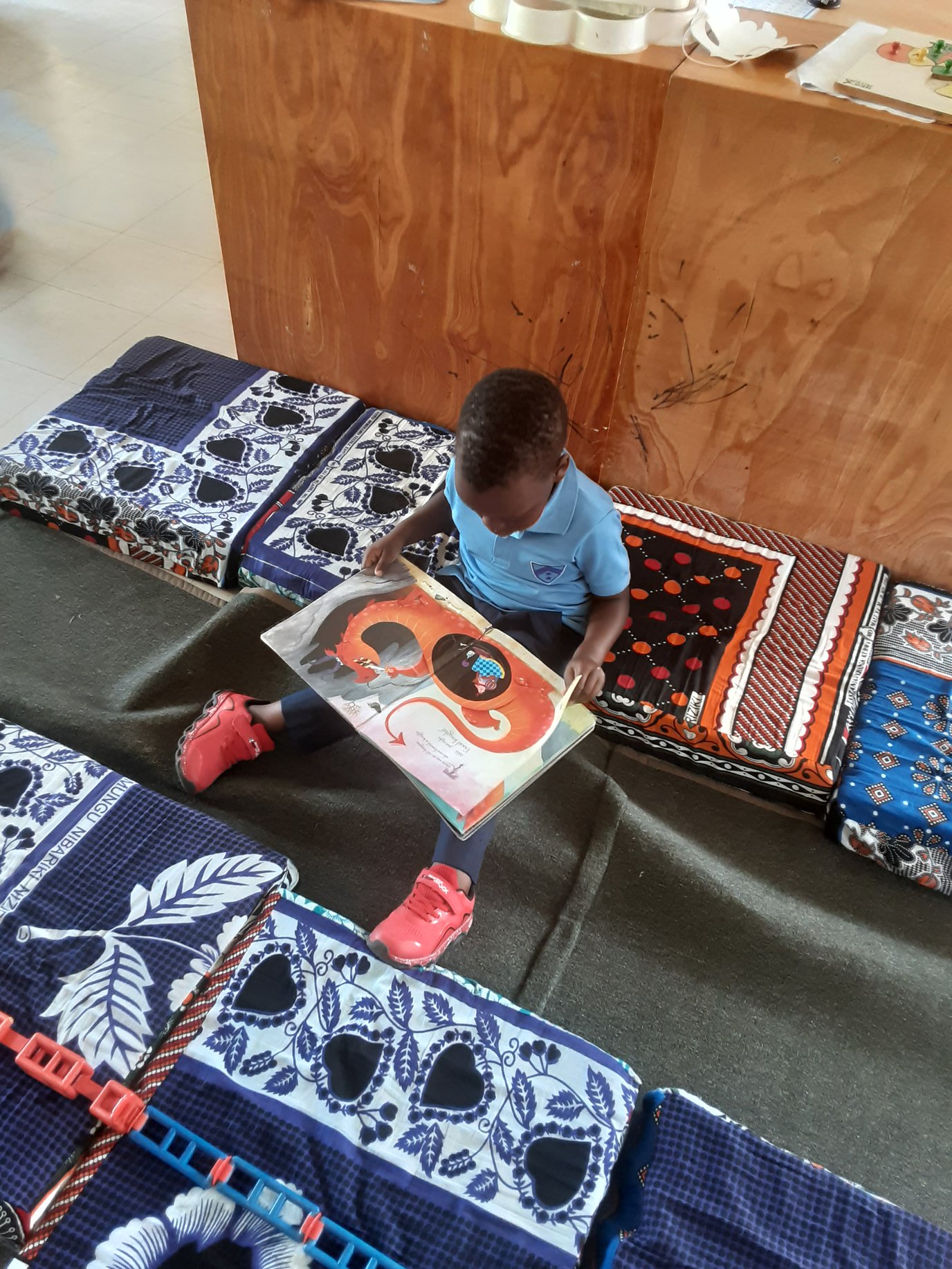
Foundations for Lifelong Success: Self-Regulation in Early Years

24th November 2023
In the early years of childhood, the development of self-regulation plays a crucial role in shaping a child's future. Self-regulation includes skills such as managing emotions and impulses, maintaining focus, and adapting to various situations. Early Years settings are essential environments for nurturing these foundational skills. Let's explore the importance of self-regulation in early childhood and provide insights into effective strategies for promoting this essential aspect of development.
Self-regulation involves the ability to control one's behaviour, emotions, and thoughts in response to different situations. It is a skill that develops as children grow and mature. The early years, typically from birth to age five, are a critical period for establishing the foundation for self-regulation.
Importance of Self-Regulation in Early Childhood:
- Academic Readiness:
The development of self-regulation is closely linked to academic success. Children who can regulate their attention and impulses are better prepared for the more structured learning environment of school.
- Social Skills:
Self-regulation is integral to building positive relationships. Children who can manage their emotions are more likely to navigate social interactions successfully, fostering healthy connections with peers and adults.
- Emotional Well-being:
Early experiences with self-regulation contribute to emotional well-being. Children who learn to identify and express their feelings in a healthy manner are more equipped to handle stress and challenges, as they grow older.

Strategies we use for Nurturing Self-Regulation:
Modelling Behaviour:
Adults in our early years setting serve as crucial role models. Demonstrating positive self-regulation techniques helps children learn by example.
Providing a Consistent Routine:
Consistency in our daily routines offers predictability, helping children feel secure. Predictable routines provide opportunities for children to develop self-regulation by anticipating and adapting to different activities.
Teaching Emotional Vocabulary:
Our practitioners help children identify and express their emotions by teaching them a wid-range of emotional vocabulary through stories and our topics. This enables our children to communicate their feelings more effectively, contributing to emotional self-regulation.
Encouraging Problem-Solving:
Instead of immediately intervening in conflicts, we encourage children to problem-solve and find solutions on their own. This fosters independence and the development of critical thinking skills.
Incorporating Mindfulness Activities:
Simple mindfulness exercises are part of our daily routines, such as deep breathing or guided relaxation, which helps our children develop awareness and self-control.
Creating a Supportive Environment:
A safe and supportive environment promotes exploration and risk-taking, essential components of self-regulation development. Ensuring that children feel secure enables them to take age-appropriate risks and learn from their experiences.
Investing in the development of self-regulation during the early years sets the stage for a child's overall well-being and success throughout life. Early years settings play a vital role in providing the supportive and enriching environments necessary for fostering these crucial skills. By implementing thoughtful strategies and creating a positive atmosphere, our practitioners contribute significantly to the future success and happiness of the children in their care.
Article by Sakina Essaji












